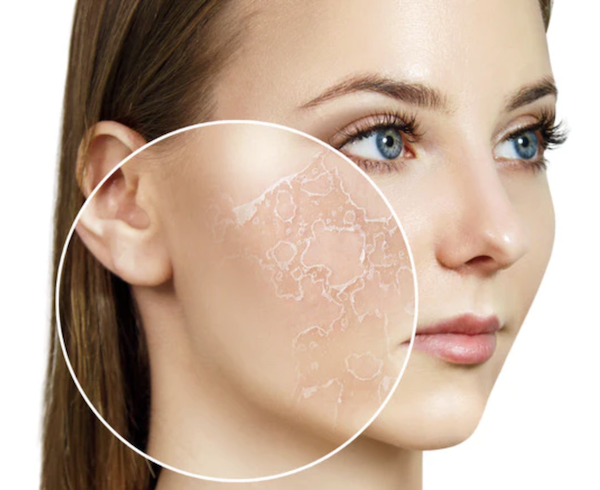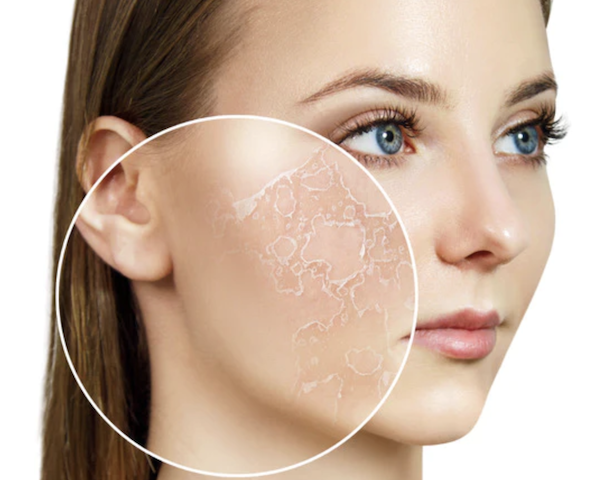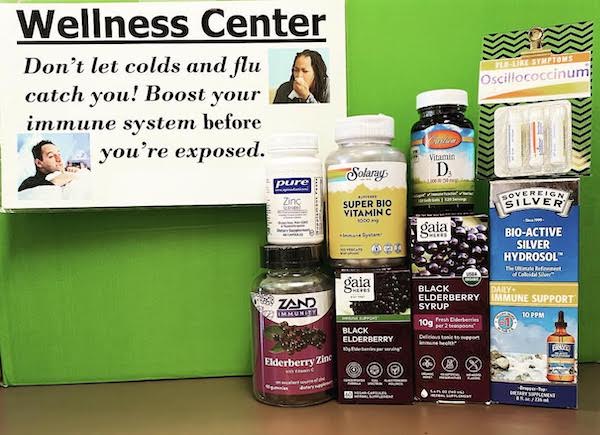In the battle against dry skin, supplements can do more than lotions over time

The holidays are over and winter is settling in. The cold, dry air is not only a haven for viruses, but it works havoc on your skin, too. Dry, itchy, flaky skin and winter weather, sadly, go together. While using lotion on your face and hands can sooth skin, it can’t give it the building blocks to actually improve your skin. You need key supplements for that.
Vitamin D
By now we all know vitamin D is beneficial to bone health, and we might know it’s also good for the immune system. But did you know it’s also necessary for healthy skin? Vitamin D is key to good skin barrier function and skin cell growth. In the winter, we don’t get much sun so adding a supplement to your routine can be helpful. Studies show low vitamin D levels are associated with skin conditions such as eczema and psoriasis, and lower skin moisture over all.
Collagen
Collagen is the most abundant protein in your body, and it’s the main structural component of skin. Studies show supplementing with 2.5-5 grams of collagen daily for 8 to 12 weeks improved skin elasticity and hydration, thereby reducing dry skin.
Omega-3 Oils
The essential fatty acids in omega-3 oils provide the building blocks to produce healthy cell membranes, making cells better able to retain moisture. Omega-3 oils are powerful anti-inflammatories, which can reduce skin redness and improve unwanted skin conditions. One study even found high doses of fish oil improved the scaling and cracked skin found in psoriasis.
Vitamin C
Vitamin C is a powerful antioxidant that can improve the production of your skin’s natural fats and strengthen cells in the outer layer of your skin. That outer layer helps retain moisture.
Hyaluronic Acid
Most of the hyaluronic acid your body makes is found in your skin, eyes, and connective tissue. As we age, our ability to produce hyaluronic acid decreases. Small studies show taking just 120 milligrams daily for 12 weeks, improved skin and reduced wrinkles.
Vitamin E
Like hyaluronic acid, vitamin E works to retain moisture in skin. It’s an essential fat-soluble micronutrient that aids in cell repair, including skin cells. Because it is also anti-inflammatory, vitamin E may help reduce skin redness.
Astaxanthin
Commonly found in seafood, astaxanthin is a carotenoid antioxidant that functions much like vitamin E. Small studies have found taking 6-12 milligrams of astaxanthin daily for two months produced more hydrated skin and fewer wrinkles.
REFERENCES
Healthline
MindBodyGreen




